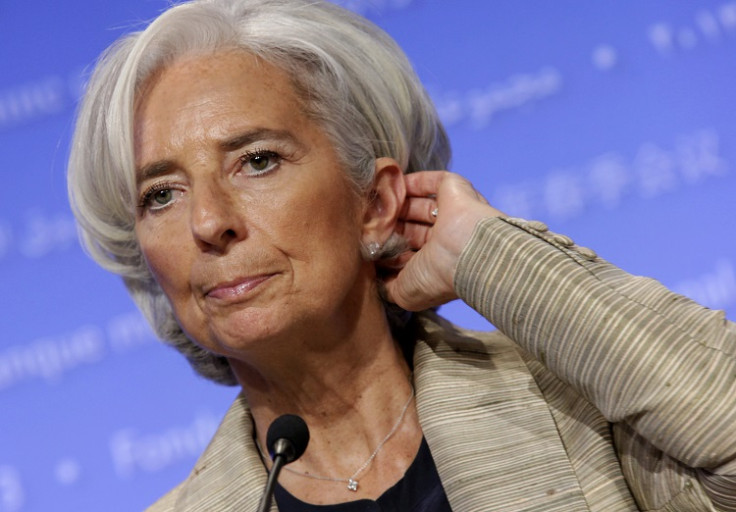IMF Bullish on US Economic Growth for 2014

The International Monetary Fund has raised its growth forecasts for the US economy next year due to positive economic data and signs that the country's lawmakers might become more flexible on future budget negotiations.
According to IMF chief Christine Lagarde, recent economic data that pointed to the underlying strength of the economy and the Federal Reserve's recent announcement that it would start scaling back its monthly asset purchases were all good news.
"Growth is picking up. And unemployment is going down. So all of that gives us a much stronger outlook for 2014, which brings us to raising our forecast," Lagarde told NBC's Meet the Press.
In October the IMF forecast the US economy would expand by 2.6% in 2014 after growing 1.6% over the course of this year.
During the partial government shutdown that plagued the US in October and the subsequent speculation that the US might default over arguments about the country's debt ceiling, Lagarde warned that the impasse was a threat to the global economy.
A deeply partisan Congress did manage to pass a limited two-year budget deal that raised the debt ceiling until February 2014 which Lagarde praised as a sign of political maturity.
"The budget deal that was cut at year-end is a very good sign of ... responsibility, accountability and realism. I certainly hope that in February, Congress will be equally responsible and will not threaten the recovery with yet another debate about whether or not the U.S. honour or default," she added.
Just last week the Fed indicated it would scale down its colossal monthly $85bn (£51.9bn, €62.1bn) asset purchases that were implemented to stabilise the US economy after the financial crisis struck and worsened in 2008.
The central bank decided to scale back its monthly asset purchases from $85bn to $75bn, starting next month.
Many analysts have taken the view that this is a sign the US's economic recovery is starting to become entrenched as confidence returns and it begins to stand on its own two feet.
Previously, the Fed indicated that it would not start to unwind its stimulus programme until the economy showed signs it was in a healthier state.
© Copyright IBTimes 2025. All rights reserved.






















